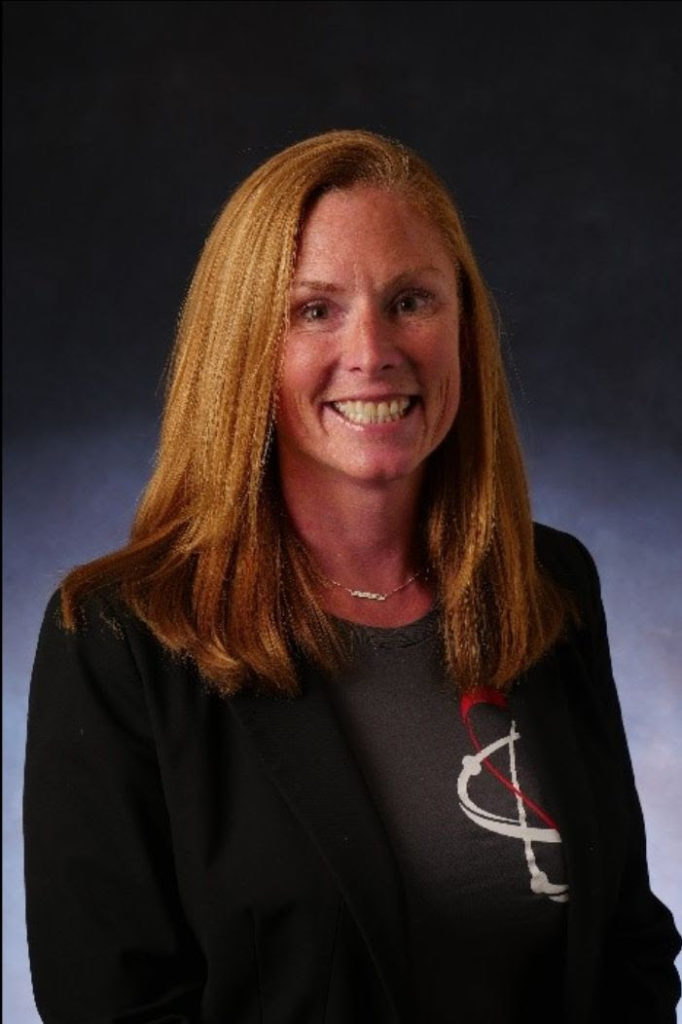Abstract
Fires, including wildfires, prescribed burns, agricultural burning, or residential biomass burning, emit substantial amounts of particles, reactive trace gases, and longer-lived species to the atmosphere on regional and global scales. These emissions and the products from downwind chemical processing degrade air quality, impact regional climate, and contribute to negative human health outcomes. There are many existing efforts to quantify emissions from biomass burning. These take advantage of laboratory and field measurements, remote sensing observations, and various modeling tools. Despite great advances in the ability to identify and quantify emissions from biomass burning, the techniques used to predict emissions and understand their fate and transport in the atmosphere remain uncertain, and the subsequent estimates of the impacts are difficult to assess. This presentation will detail efforts to identify and quantify biomass burning emissions across scales, and highlight their importance and confounding factors in air quality, health, and climate impact assessments. I will give an overview of my past and current biomass burning research, highlighting key uncertainties in our ability to predict biomass burning emissions and their impact and addressing needs for the future.
Christine Wiedinmyer
Associate Director for Science
CIRES, University of Colorado Boulder
Biography
Dr. Christine Wiedinmyer is the Associate Director for Science at the University of Colorado Boulder’s Cooperative Institute for Research in Environmental Sciences and a research faculty in the Department of Mechanical Engineering. A former scientist at the National Center for Atmospheric Research (NCAR), Dr. Wiedinmyer holds a Bachelor of Science in Chemical Engineering from Tulane University and a PhD in Chemical Engineering from the University of Texas at Austin. Dr. Wiedinmyer’s research focuses on the identification and quantification of various emission sources and modeling the transport and fate of emitted pollutants in the atmosphere. She is the creator of the Fire INventory from NCAR (FINN) model that estimates emissions of pollutants from open burning globally; the FINN emissions estimates have been applied in numerous air quality and climate studies to evaluate their impacts. Further, Dr. Wiedinmyer is an expert in interdisciplinary research to connect her research to other areas of societal relevance, such as public health, land management, and climate. She is the recipient of the Walter Orr Roberts Lecturer for Interdisciplinary Sciences from the American Meteorological Society in 2014 “for research on biomass burning and its impact on the atmosphere and terrestrial biosphere, and bridging atmospheric science, biology, engineering, public health and other disciplines.” Dr. Wiedinmyer is also a founding member and a current Board member of the Earth Science Women’s Network (ESWN).
